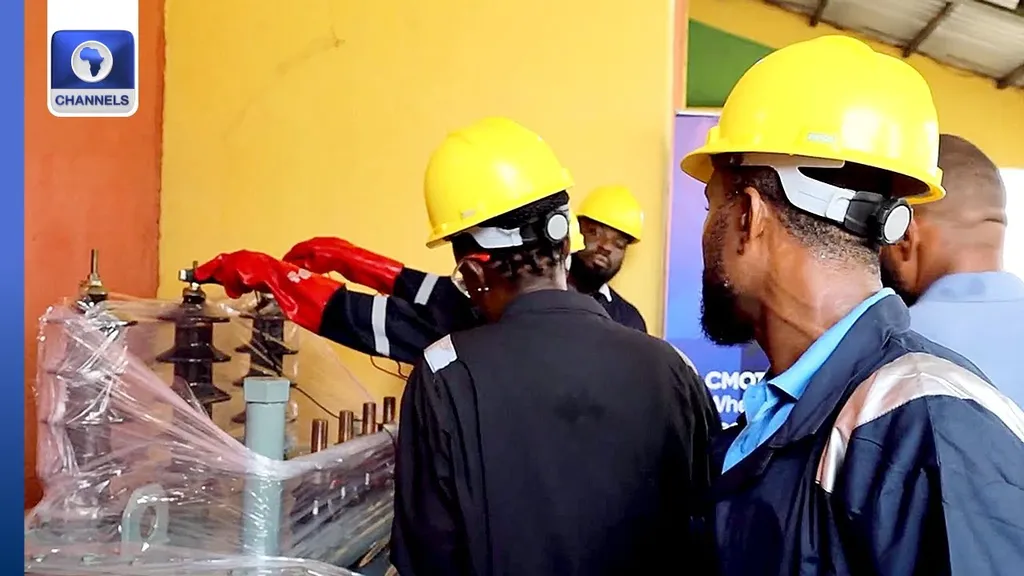The Centre for Marine and Offshore Technology Development (CMOTD) at Rivers State University has just graduated its first cohort of 305 trainees, marking a significant milestone in Nigeria’s push to build a skilled workforce for its blue economy. The four-month programme, run in partnership with the Nigerian Content Development and Monitoring Board, equipped participants with cutting-edge skills across seven core courses in four specialised disciplines. These included Industrial Ship Design using AVEVA Marine, Process Pipe Stress Analysis, Pressure Vessel and Heat Exchanger Design, Big Data Analytics, Transformer Repair, Class Welding, Automation, and Oil Well Optimisation.
The graduation ceremony, held at the university’s Amphitheatre, saw the Chief Executive Officer of CMOTD, Vitalis Ahiakwo, emphasise the institution’s role as more than just a training facility. “It is a hub of innovation and applied excellence,” he declared. Ahiakwo highlighted the centre’s mission to bridge the gap between academia and industry, transforming theoretical knowledge into practical, industry-ready competencies in marine, offshore, and energy technology. He stressed the importance of building human capital to drive Nigeria’s blue economy through cutting-edge research, technology transfer, and advanced skill development.
Ahiakwo’s vision extends beyond Nigeria’s borders. He expressed optimism that sustained training would position Nigeria to export highly qualified technology experts, while local industries could rely on a competent labour force in diverse areas of marine technology and engineering. He urged the graduates to “become the architects of technological change, innovators, problem-solvers, and ambassadors of Nigeria’s marine and offshore competence.”
Elakpa Augustine, the Head of Research and Development and Training Coordinator, reinforced this commitment by stating that the centre’s curriculum would remain a living document, perpetually updated to reflect the latest global codes, emerging technologies, and academic findings. This ensures that the training aligns with the demands of Industry 5.0 and contemporary academia.
The graduation of these 305 trainees is a testament to what visionary partnerships can achieve, particularly under the enabling framework of the Nigeria Oil and Gas Industry Content Development Act. As these graduates step into the professional arena, they carry with them the potential to reshape Nigeria’s marine and offshore sectors. Their diverse and competitive skills will be crucial in navigating the evolving energy and maritime landscape, positioning Nigeria as a key player in the global market.
This initiative not only addresses the immediate need for skilled labour but also lays the groundwork for long-term innovation and leadership in marine and offshore technology. By fostering a workforce that is adept at leveraging cutting-edge technologies, Nigeria is poised to make significant strides in its blue economy, ensuring sustainable growth and development in the years to come.

